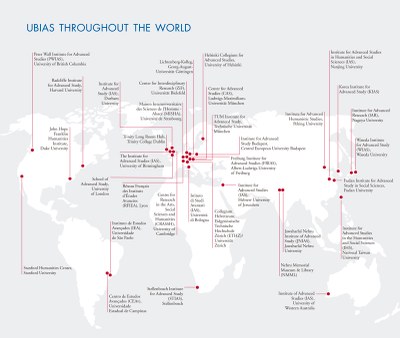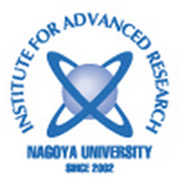organizers
 |
UBIAS stands for “University-Based Institutes for Advanced Study”. Unlike traditional Institutes for Advanced Study, UBIAS are associated with or embedded within a university, and actively contribute to the academic culture and the scientific achievements of their home university. By offering various fellowship programmes on different academic levels (junior and senior researchers), UBIAS institutes bring together outstanding researchers from different disciplines, nationalities and academic backgrounds, creating a productive environment for innovative research. These common characteristics have proved to be a fruitful basis for mutual exchange, although the individual institutes display a large variety of different concepts and academic pursuits. With their individual profiles, they answer to the specific needs and strengths of their affiliate university. While many institutes have traditionally concentrated on humanities and social sciences, an increasing number of institutes now incorporate theoretical and experimental sciences. (from www.ubias.net) Current members |
| UBIAS throughout the world |
 |
Since its foundation in 1986, the IEA-USP has provided the academic community and the general public with the opportunity to establish direct contact with the ideas of several Brazilian and foreign personalities from scientific and cultural areas. It has also produced essential proposals for the economic, social, and cultural development of Brazil. Due to the peculiarities of its objectives, the IEA-USP has an academic and administrative structure that differs from the usual standard adopted by most of the university institutions. The emphasis on the debate of interdisciplinary themes makes the IEA-USP able to act in the definition of research and public policy directives, but not in educating researchers or executing experimental projects. That is the reason why the IEA-USP does not offer undergraduation or graduation programs, does not have a permanent board of researchers and does not possess laboratories.
|
 |
Nagoya University’s Institute for Advanced Research was established according to the University’s Academic Charter in 2002 to produce internationally recognized academic research of the highest caliber, and to contribute to society through the research achievements at the Institute. Nagoya University was a leader among Japanese universities in creating such a new academic organization. To promote the academic development of Nagoya University, the Institute for Advanced Research has three principal functions:
(from http://www.iar.nagoya-u.ac.jp/~iar)
|

